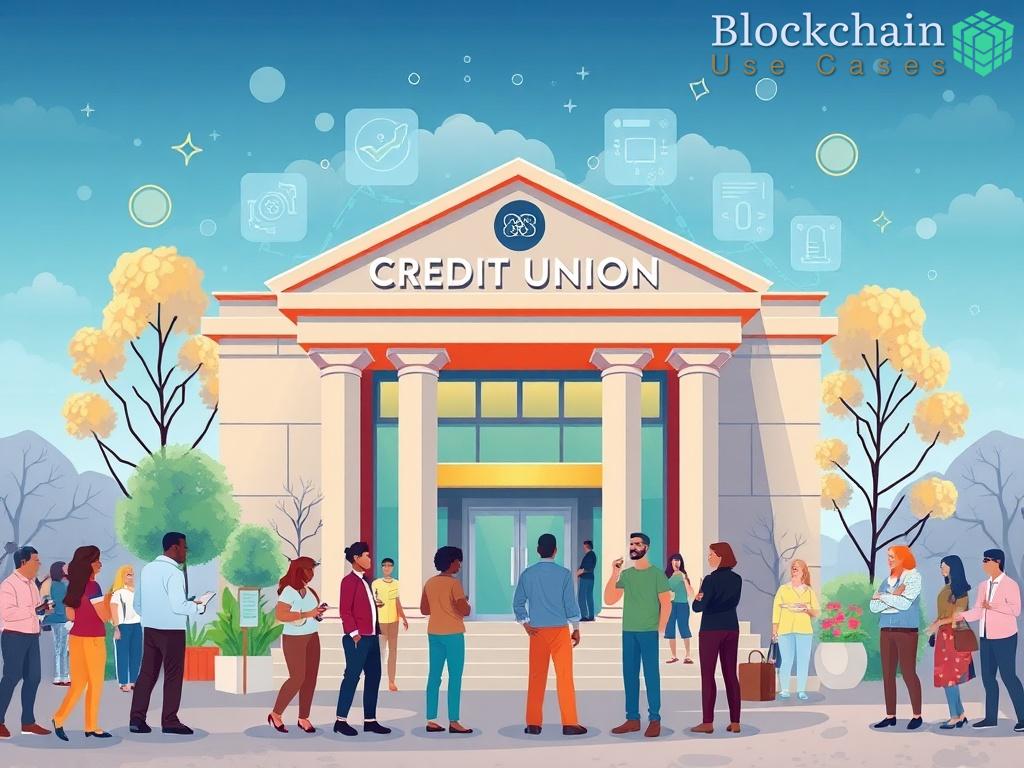The Evolution of Organizational Frameworks
In the fast-paced world of finance, traditional organizational structures are being challenged by innovative technologies. Decentralized Autonomous Organizations (DAOs) represent a paradigm shift, leveraging blockchain technology to redefine governance and operational efficiency. This article delves into how DAOs are reshaping the financial landscape, fostering transparency, and enabling a more democratic approach to decision-making.
How DAOs Operate: Transparency and Autonomy
At the core of DAOs is the principle of decentralization, which empowers individuals by allowing them to participate in governance without the need for intermediaries. Smart contracts automate processes, ensuring that decisions are executed as per the established protocols. This structure not only enhances transparency but also mitigates risks associated with centralized control.
DAOs utilize token-based voting mechanisms, enabling stakeholders to propose and vote on initiatives. This democratic model encourages active participation and alignment of interests among members. As a result, DAOs can respond swiftly to market changes, a crucial factor in the dynamic finance sector.
Key Advantages of DAOs in Finance
Understanding the benefits of DAOs is essential for grasping their potential impact on finance. The following list outlines the primary advantages:
- Decentralization: Eliminates the need for central authority, reducing the risk of corruption.
- Transparency: All transactions and decisions are recorded on the blockchain, visible to all members.
- Global Participation: Allows anyone with internet access to join, fostering inclusivity.
- Efficiency: Automates processes through smart contracts, reducing operational costs and time.
- Security: Blockchain technology enhances data integrity and security, protecting against hacks and fraud.
These advantages position DAOs as formidable players in the finance domain, attracting attention from both investors and innovators alike.


















